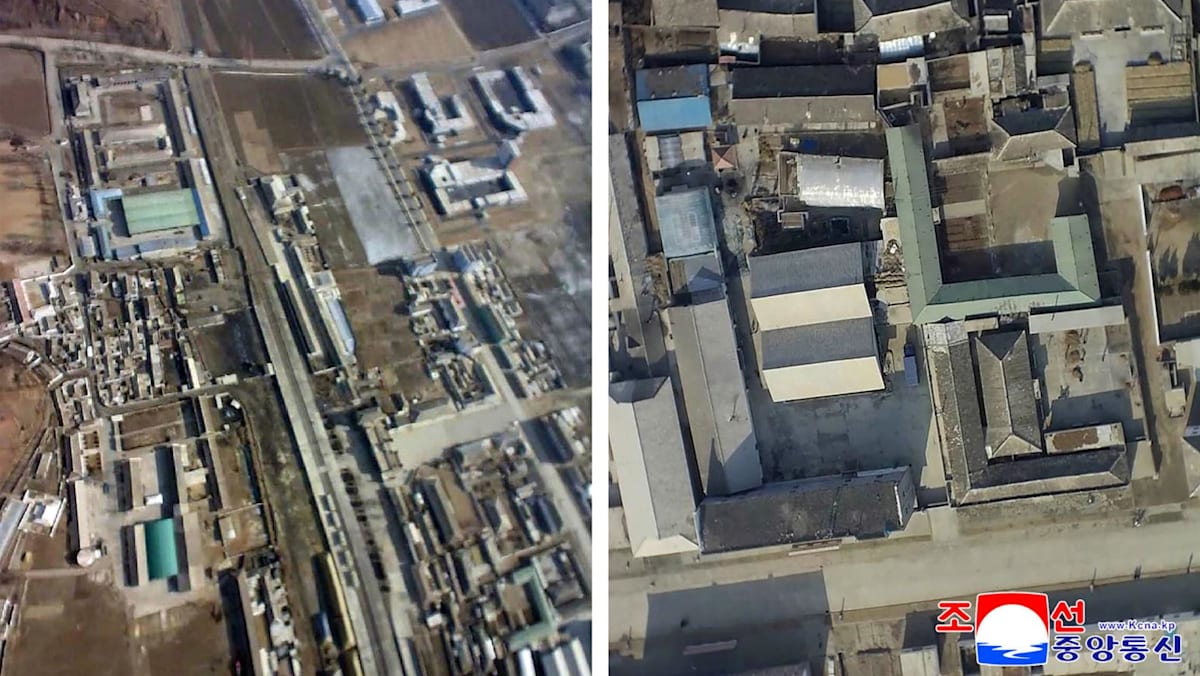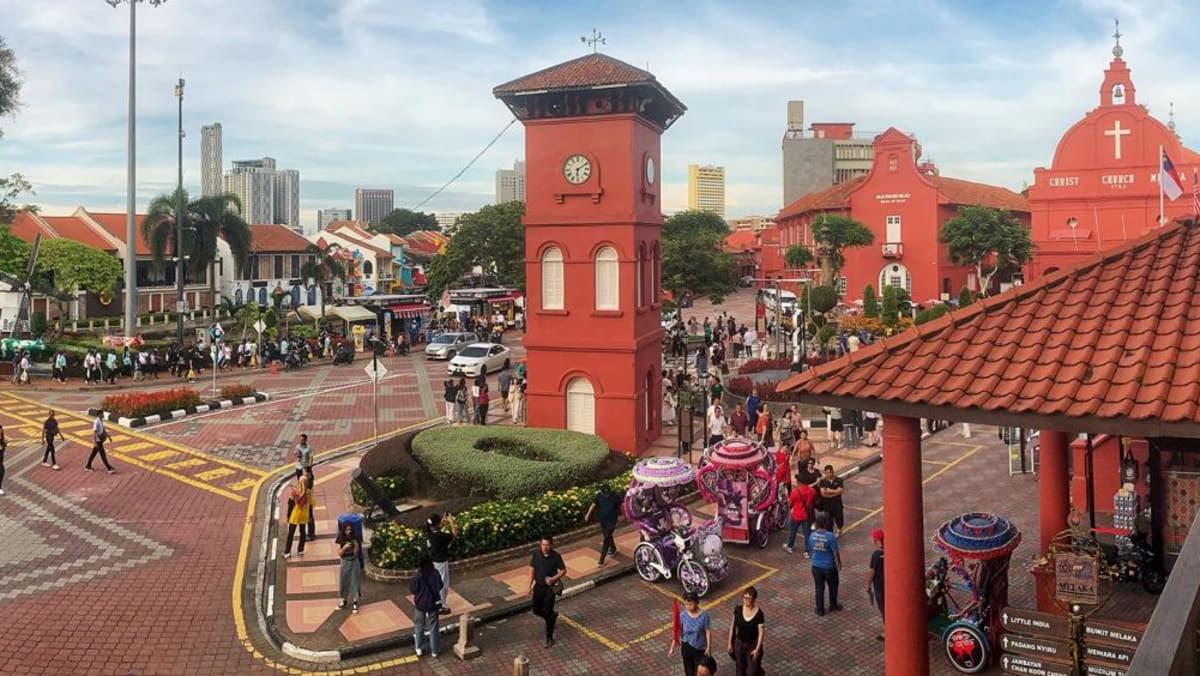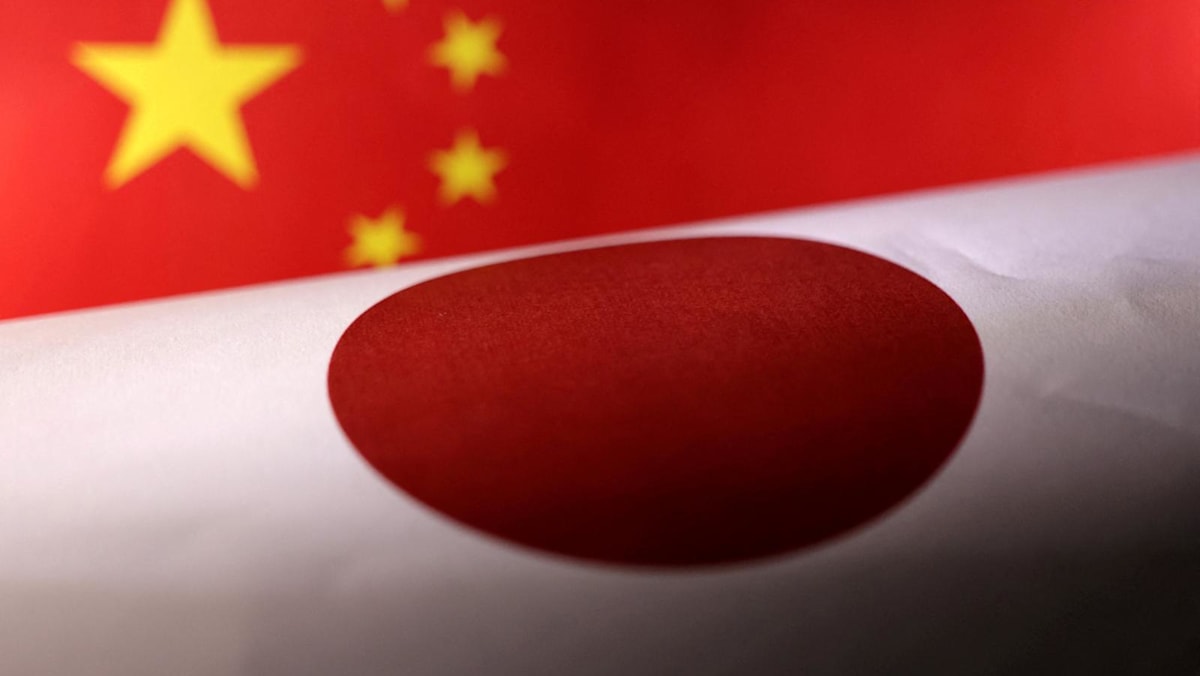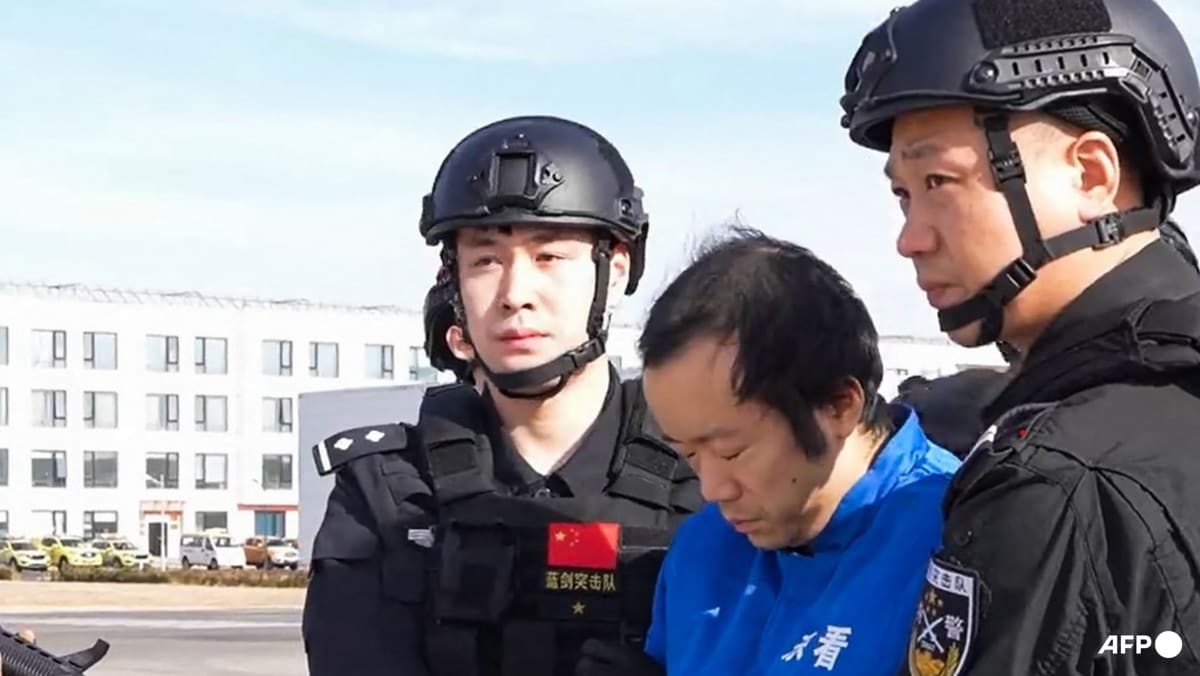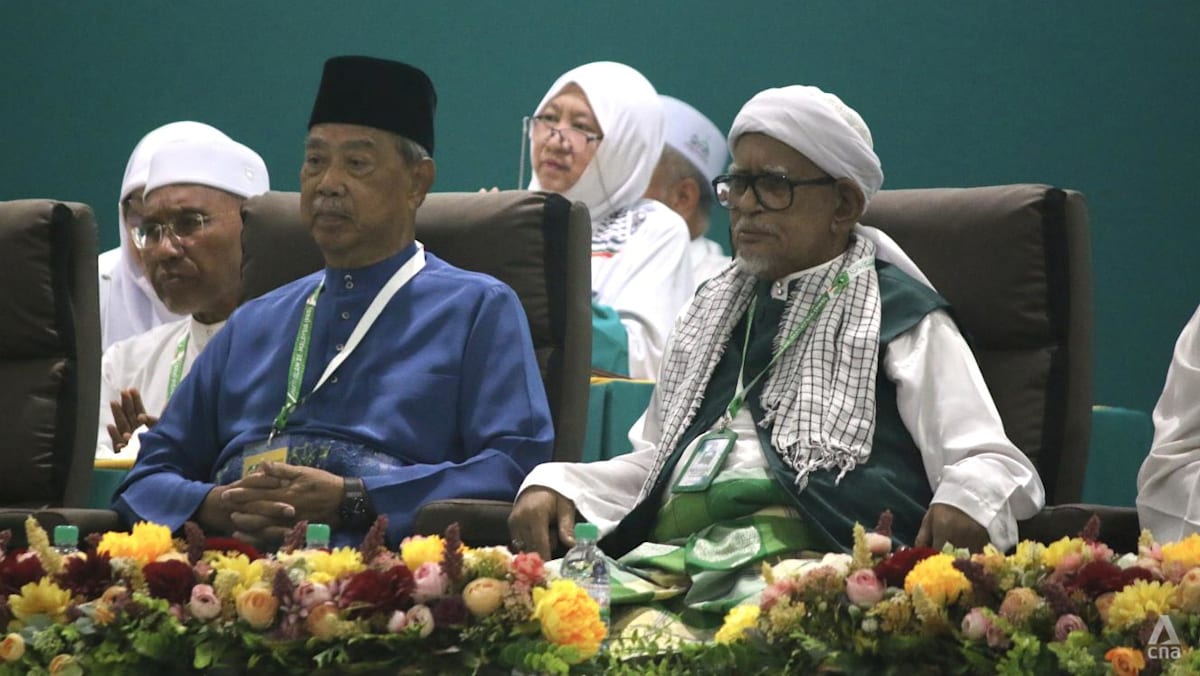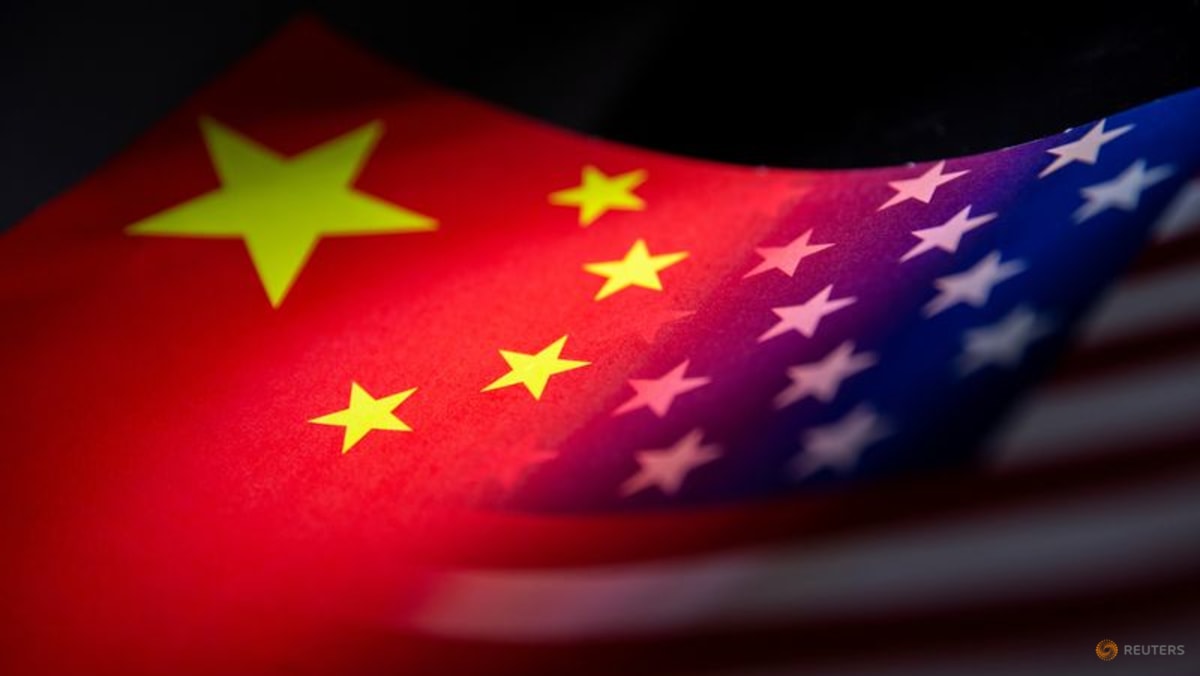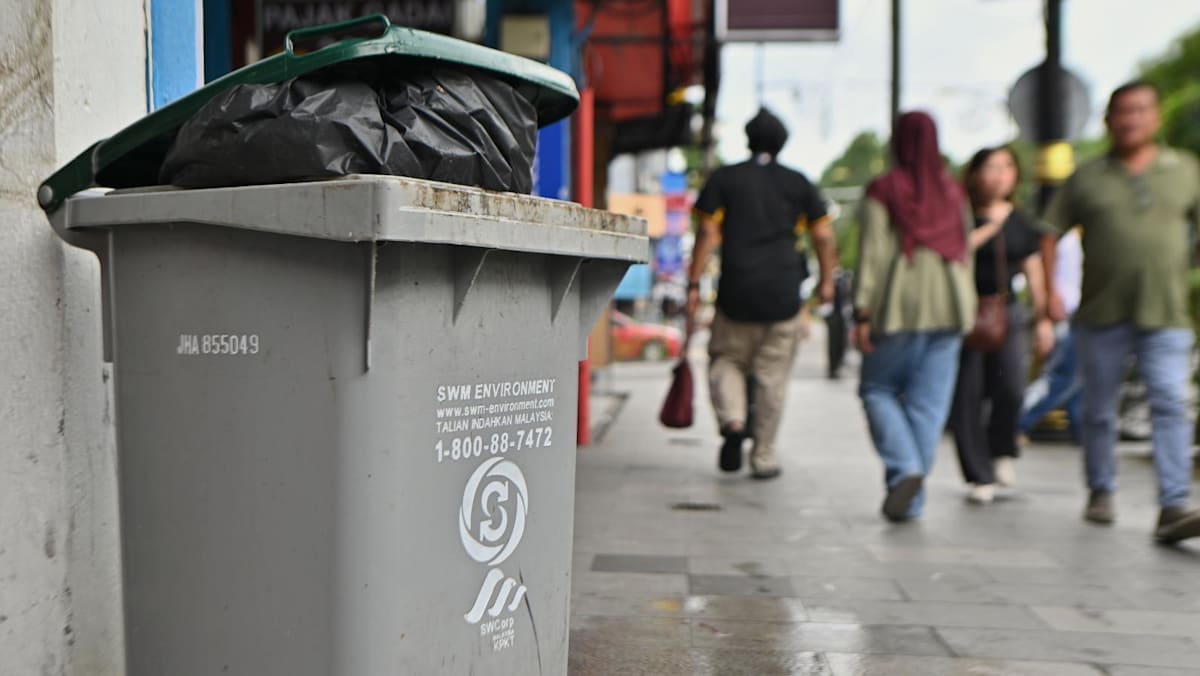Commentary: The curious case of PAS’ stance against KK Super Mart boycott amid socks uproar
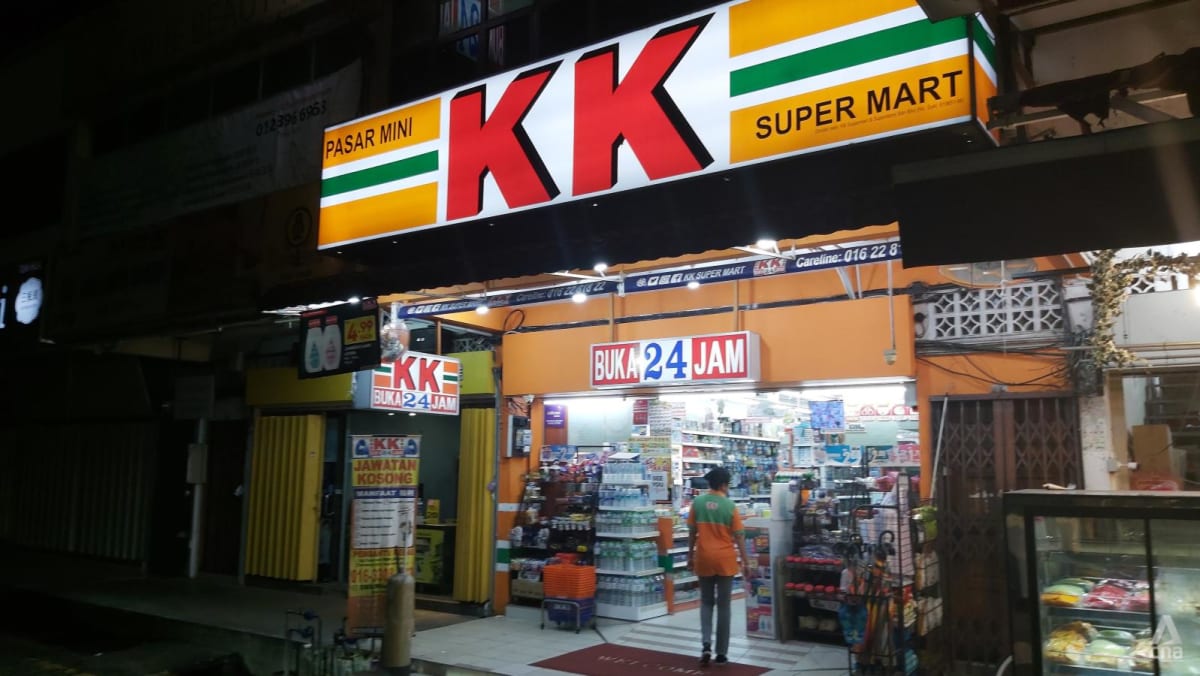
NO DIRECT CONNECTION
However, the most likely reason is closer to what Mr Yahaya implied. He said that the KK Super Mart boycott is qualitatively different from the boycott of Israeli products, as the latter is “directly related” to Gaza, whereas in KK Super Mart’s case, there was “no direct connection”.
What Mr Yahaya meant was that although the KK Super Mart controversy started as a religious issue, concerning the prophet’s name, the boycott itself was not. In other words, the boycott could be interpreted variously as commercial, racial, political or moral, but it might not be religious.
If we take that interpretation, it makes sense that PAS taken a step back. Even though identity politics and Islam are often fused together, PAS is ultimately an Islam-first party, pursuing an Islamic state as the ideal political outcome.
Its strongest policy advocacy in the past few years, such as questioning Malaysia’s decision to gazette bak kut teh (pork ribs soup) as a national heritage dish, closing down gambling outlets, enhancing Syariah court powers and others, are driven by religious considerations. Therefore, if the KK Super Mart boycott is not markedly religious in target and outcome, it might not pursue it.
Such restraint, though self-serving, has important implications on how conflicts will play out in the future.
After the rare occurrence of the triple petrol bomb attacks in Malaysia, it is reasonable to ask if these are one-off incidents or potentially recurring.
Based on the highest authorities’ unanimous condemnation of violence, the containment of escalated conflict seems tight and effective enough for now. Of course, this does not mean that the policing of brands and logos that may offend the majority sensitivity will go away just yet.
However, understanding PAS’ nuanced take on what issues to take on shows that one less actor to escalate conflict might be the difference between peaceful status quo and going overboard.
James Chai is a political analyst, columnist and the author of Sang Kancil (Penguin Random House).
Source: CNA




